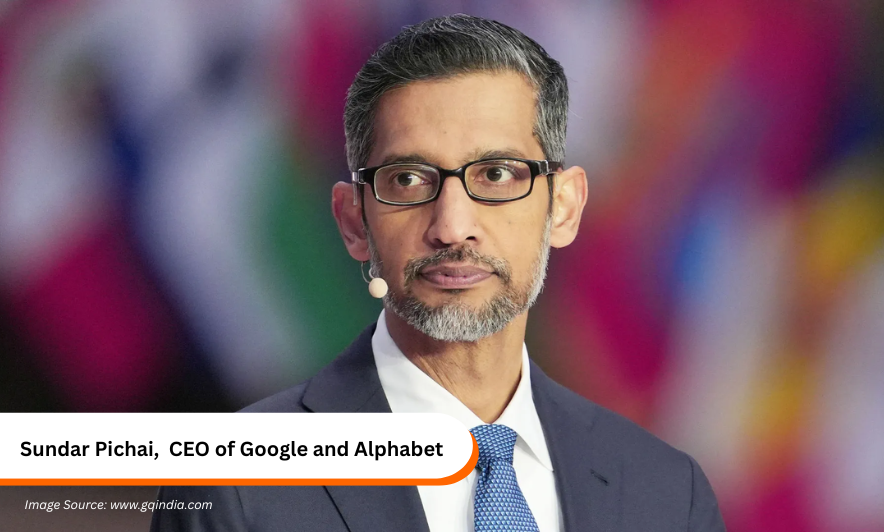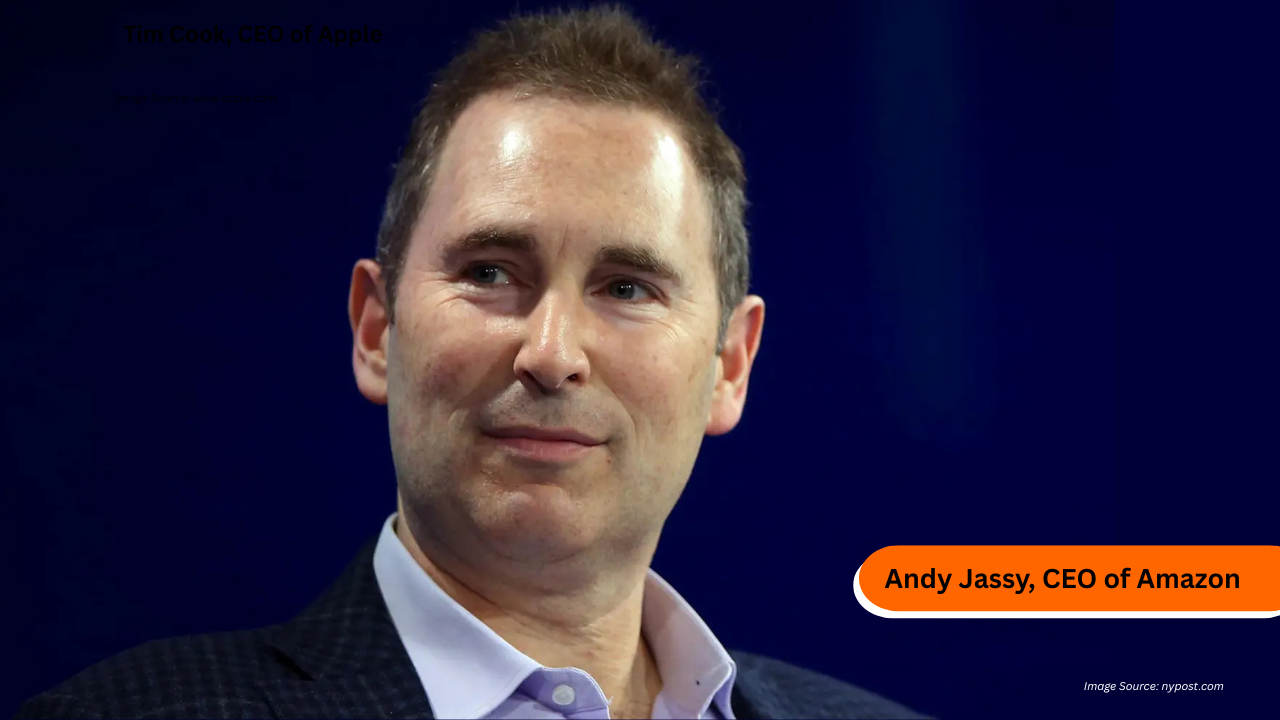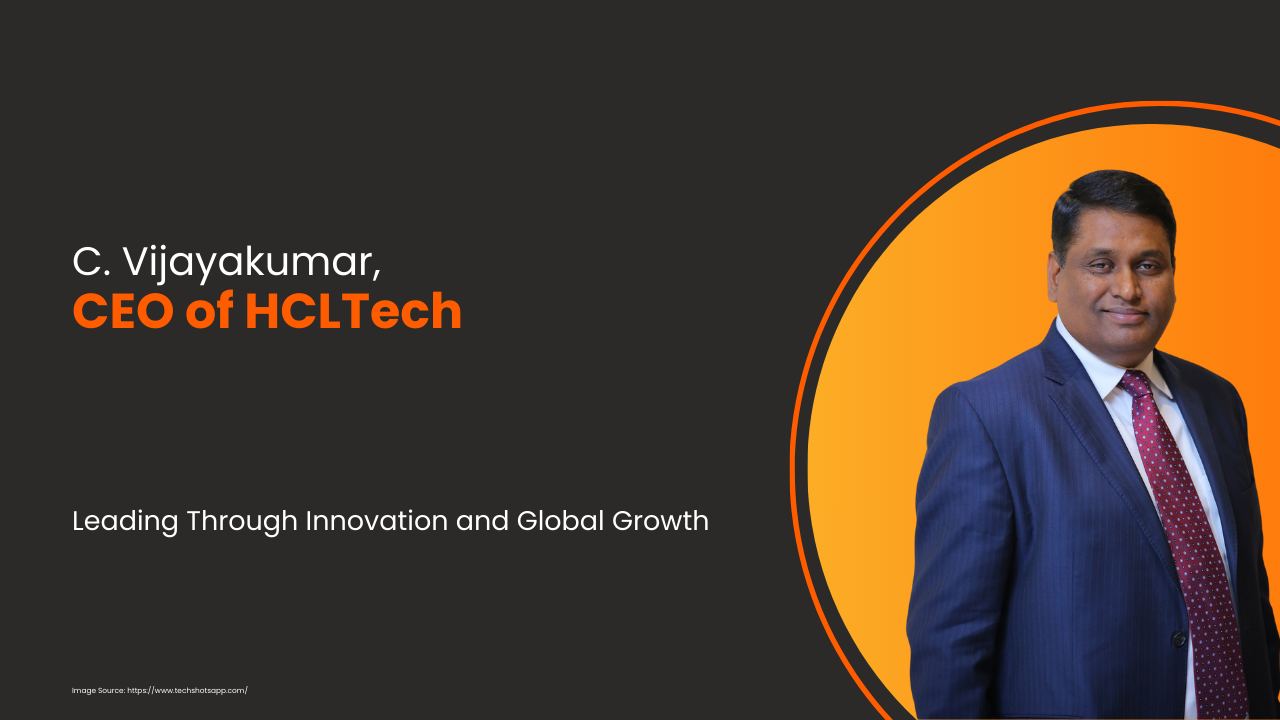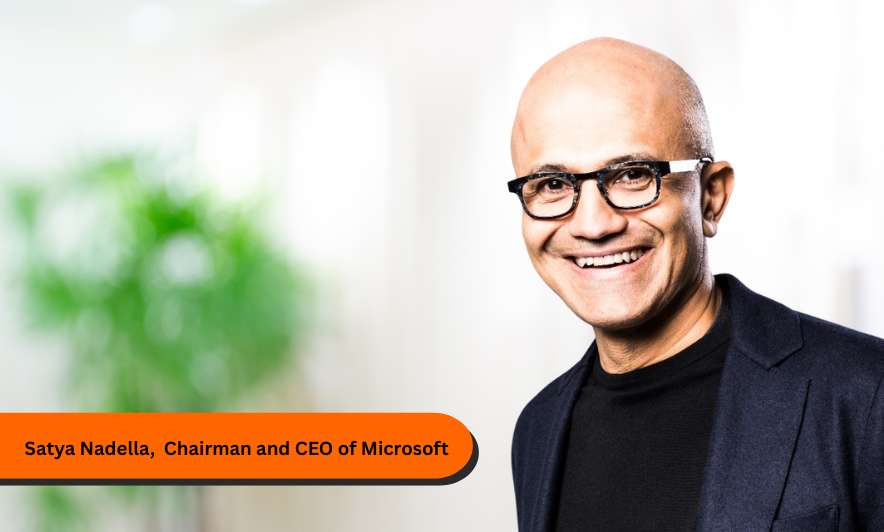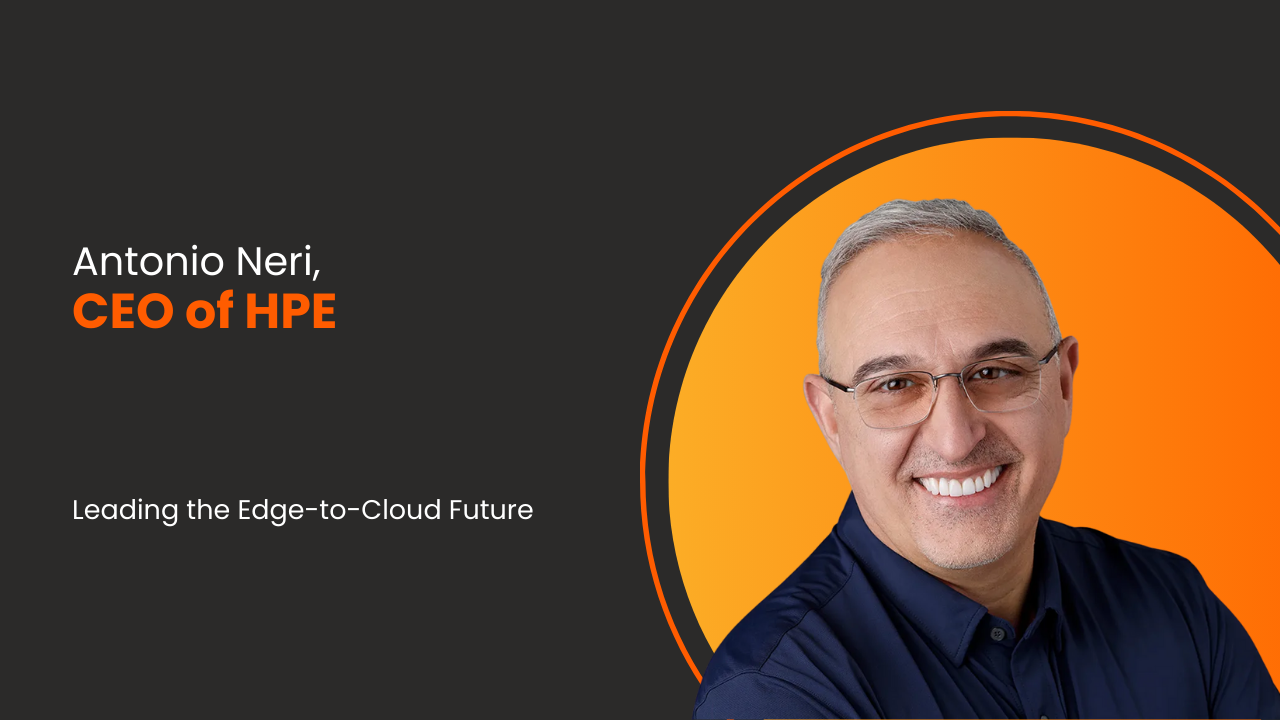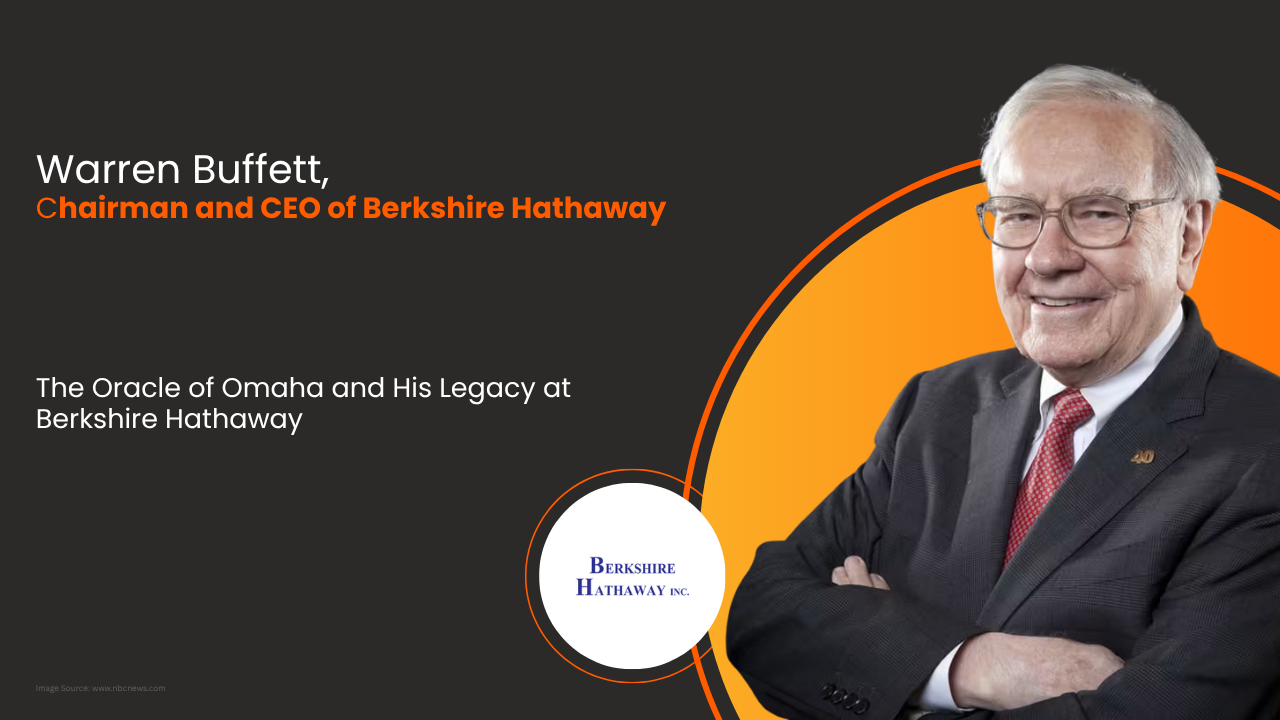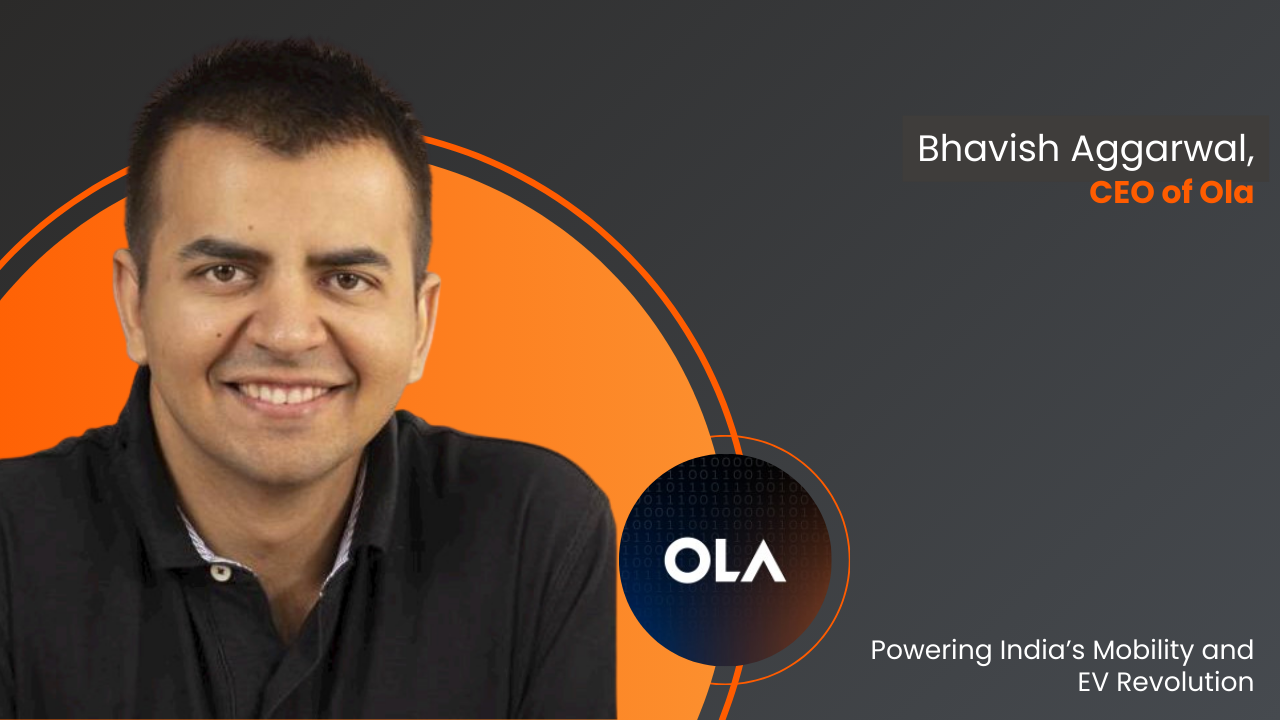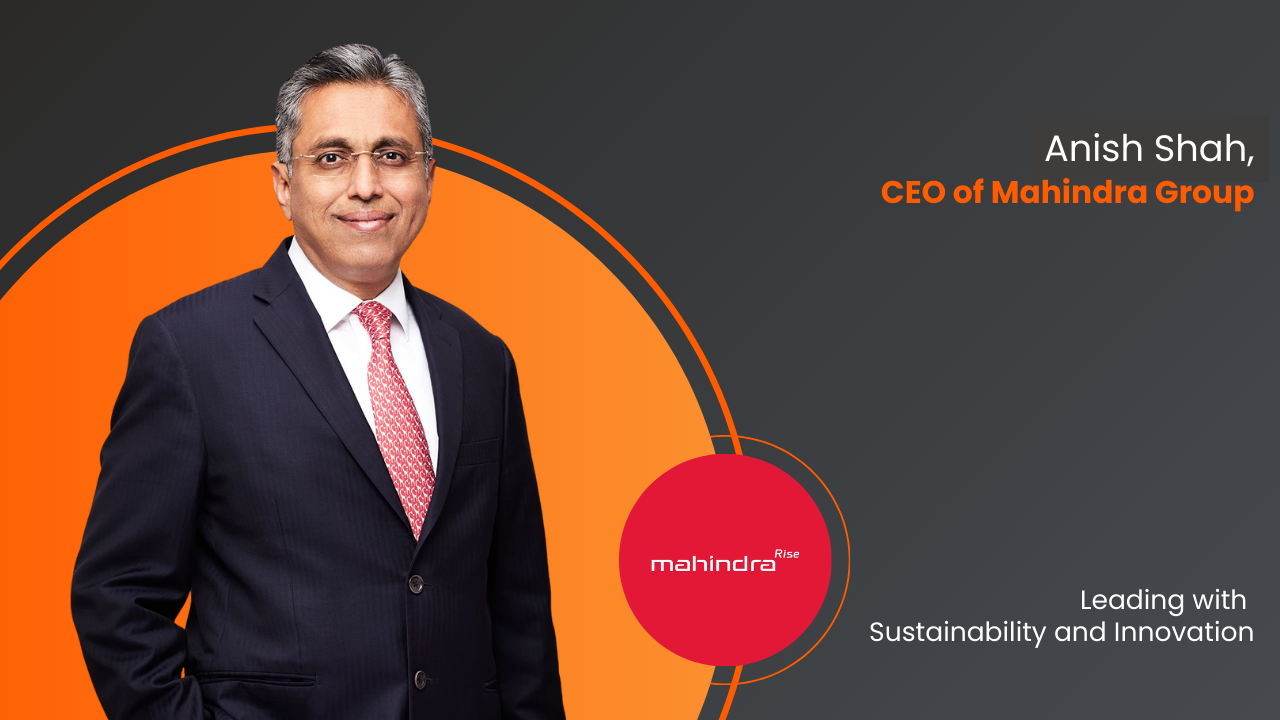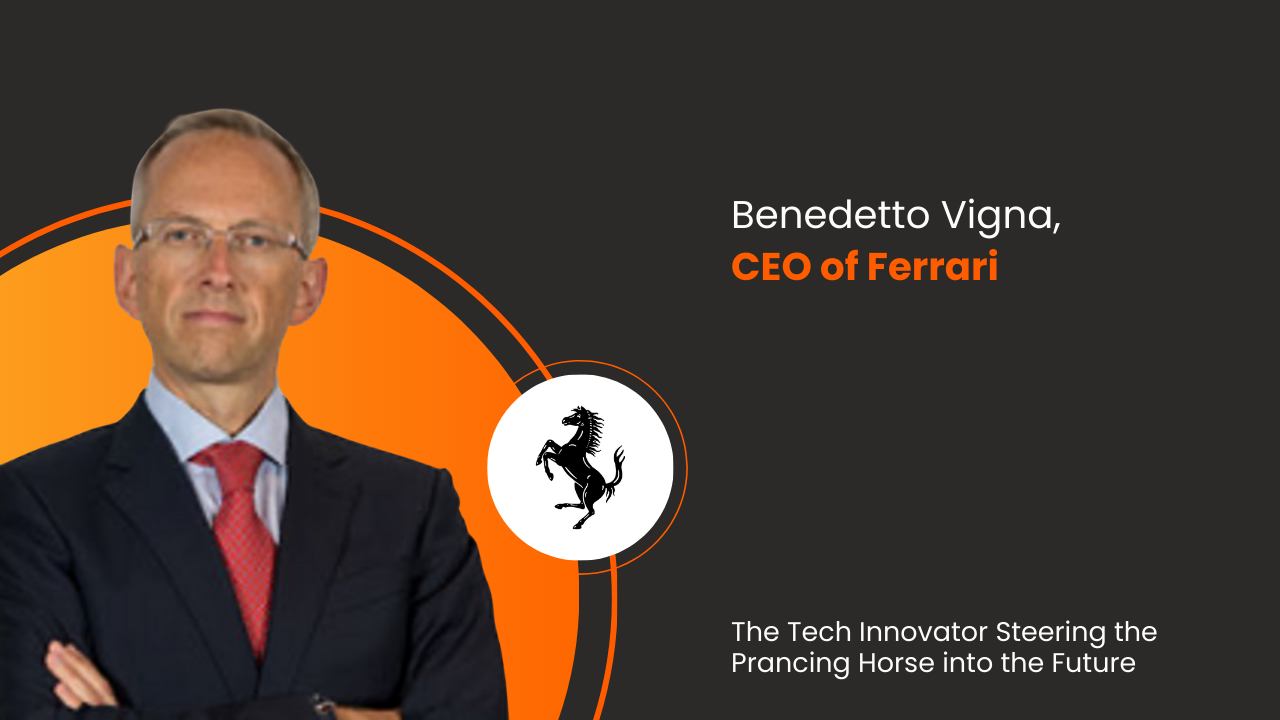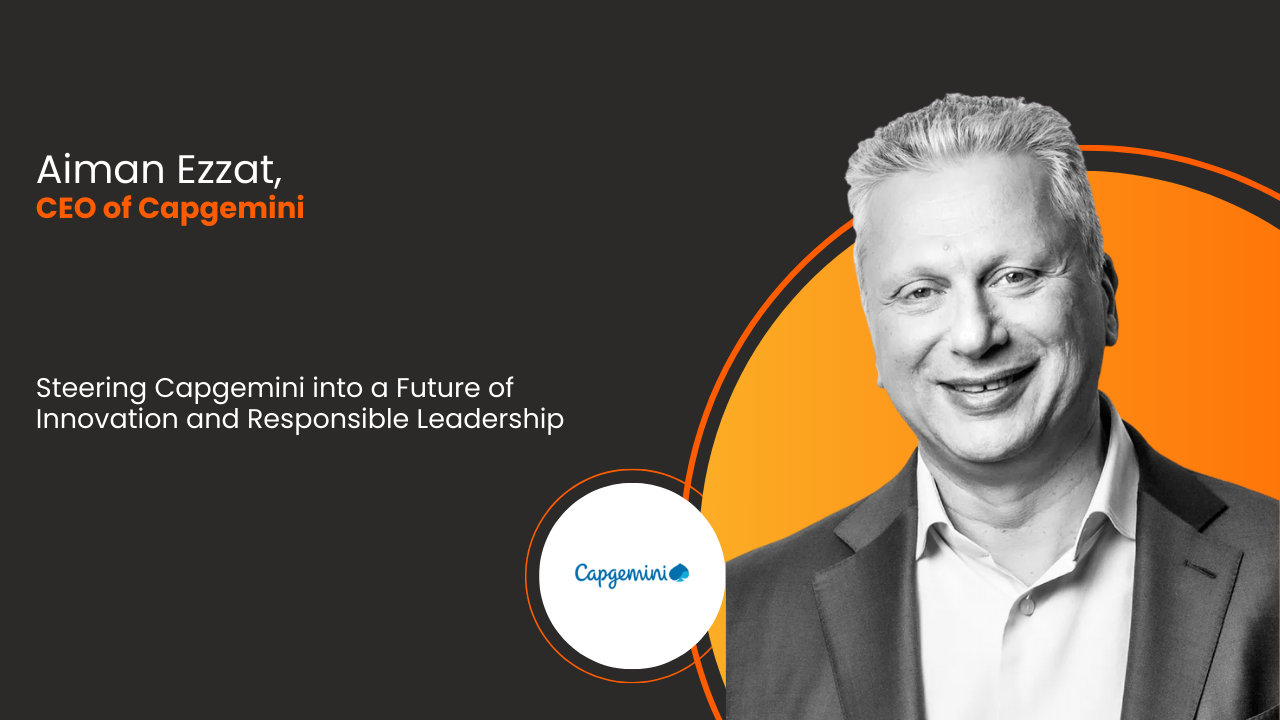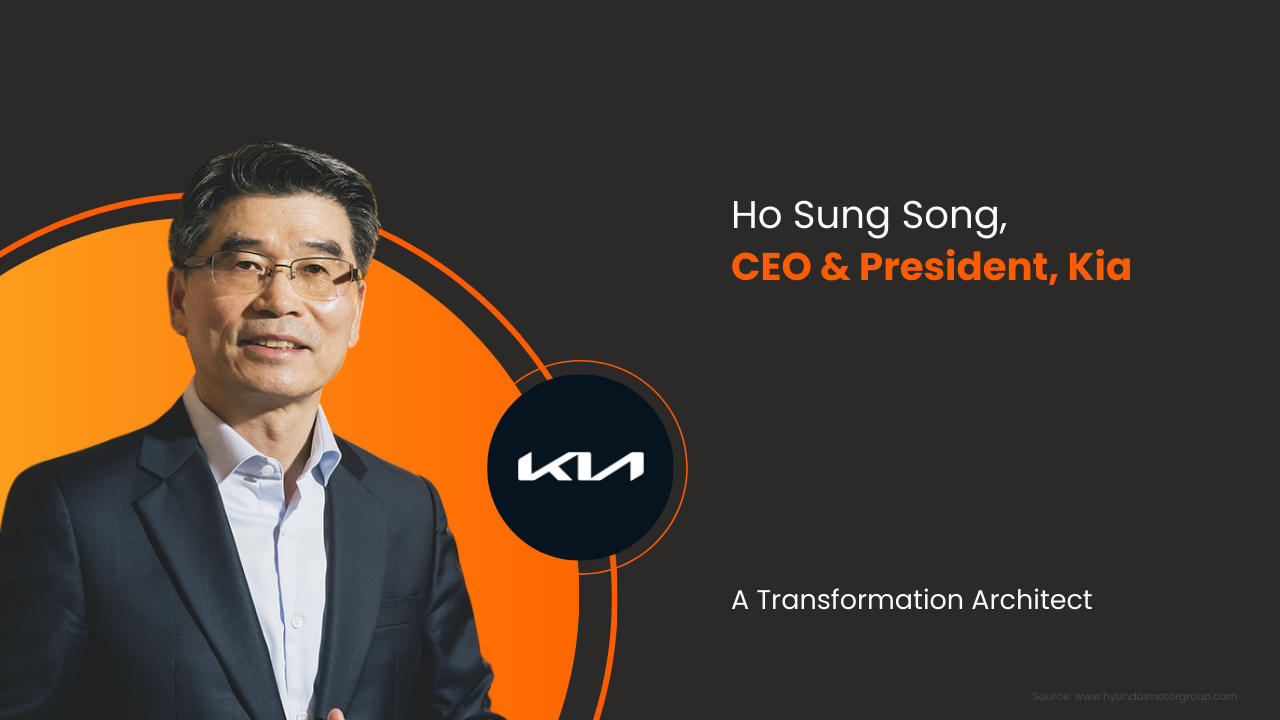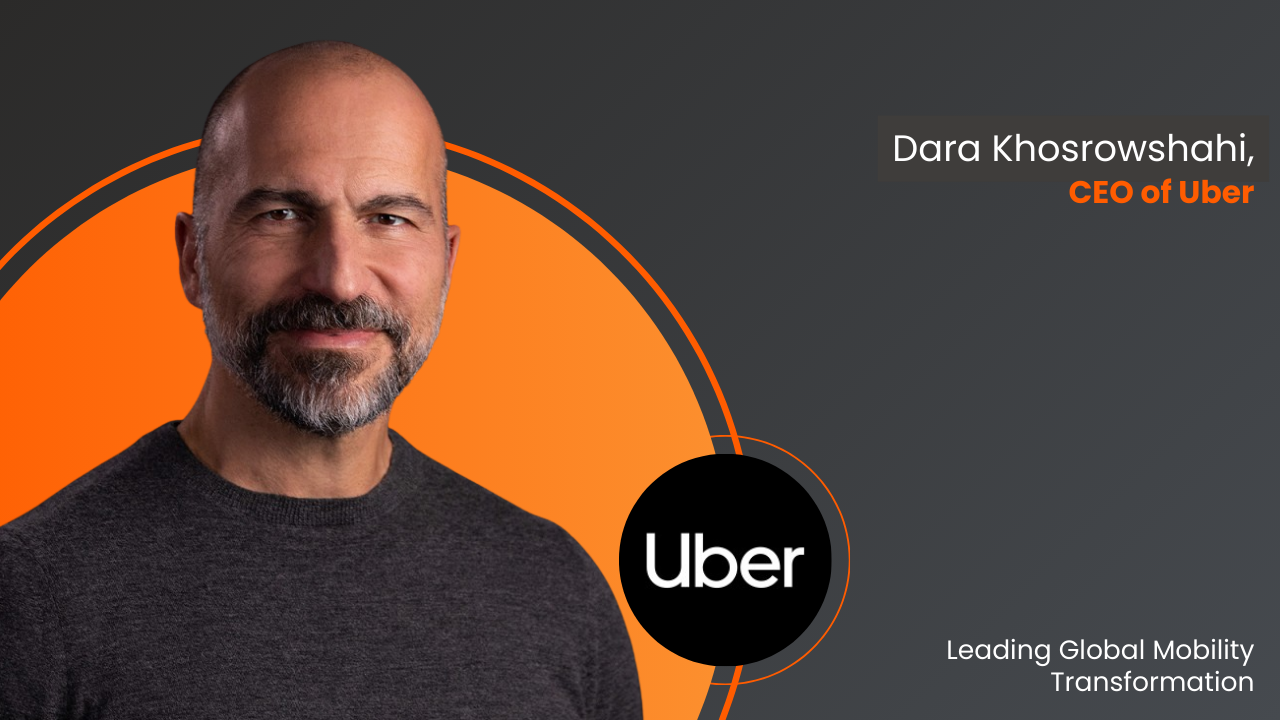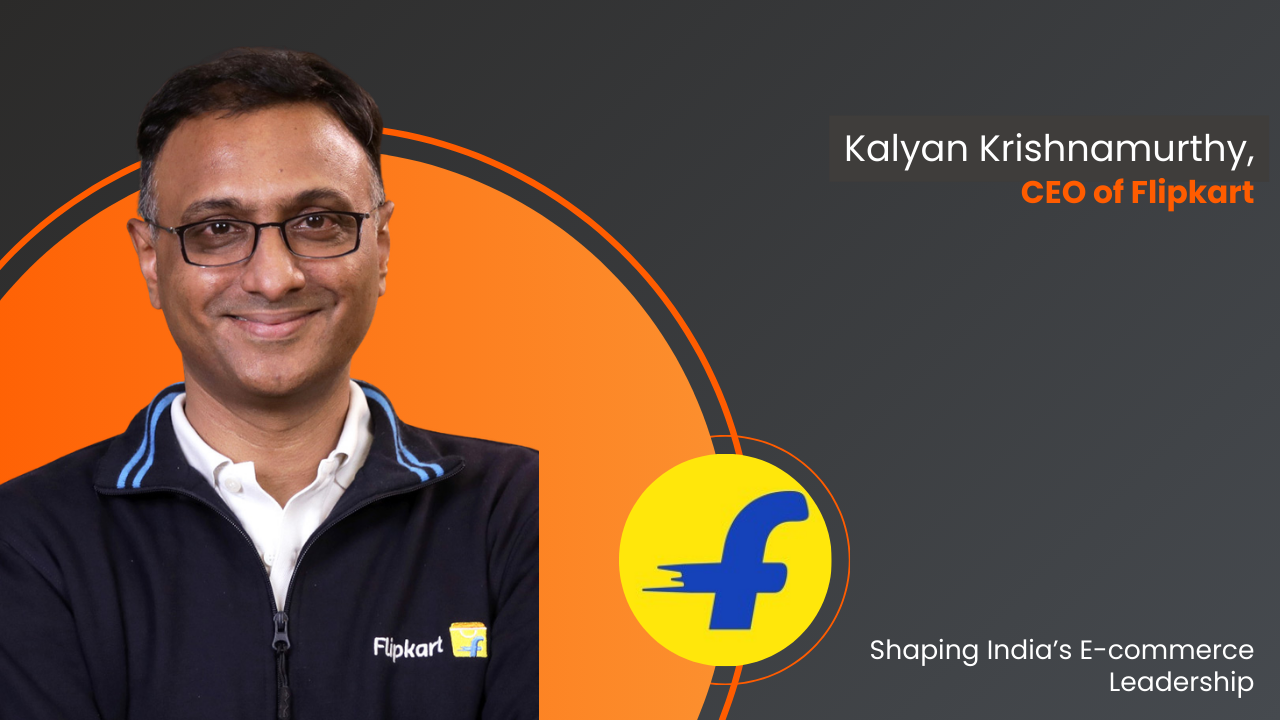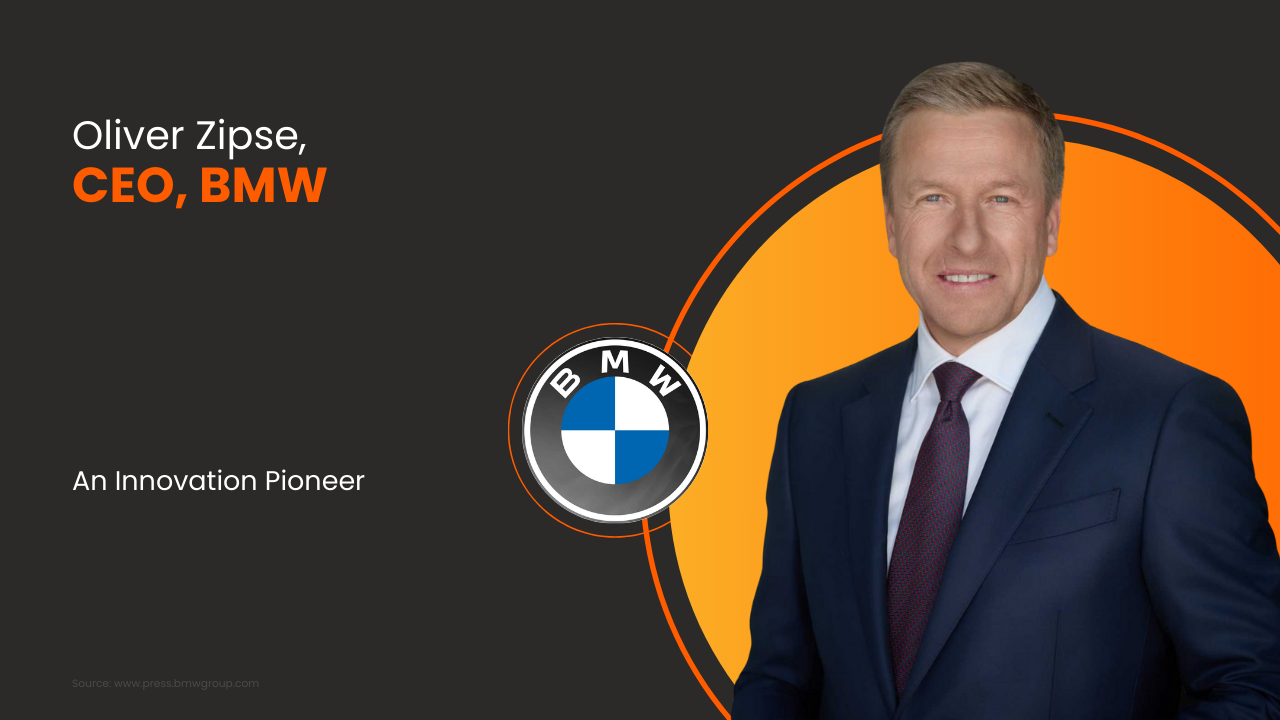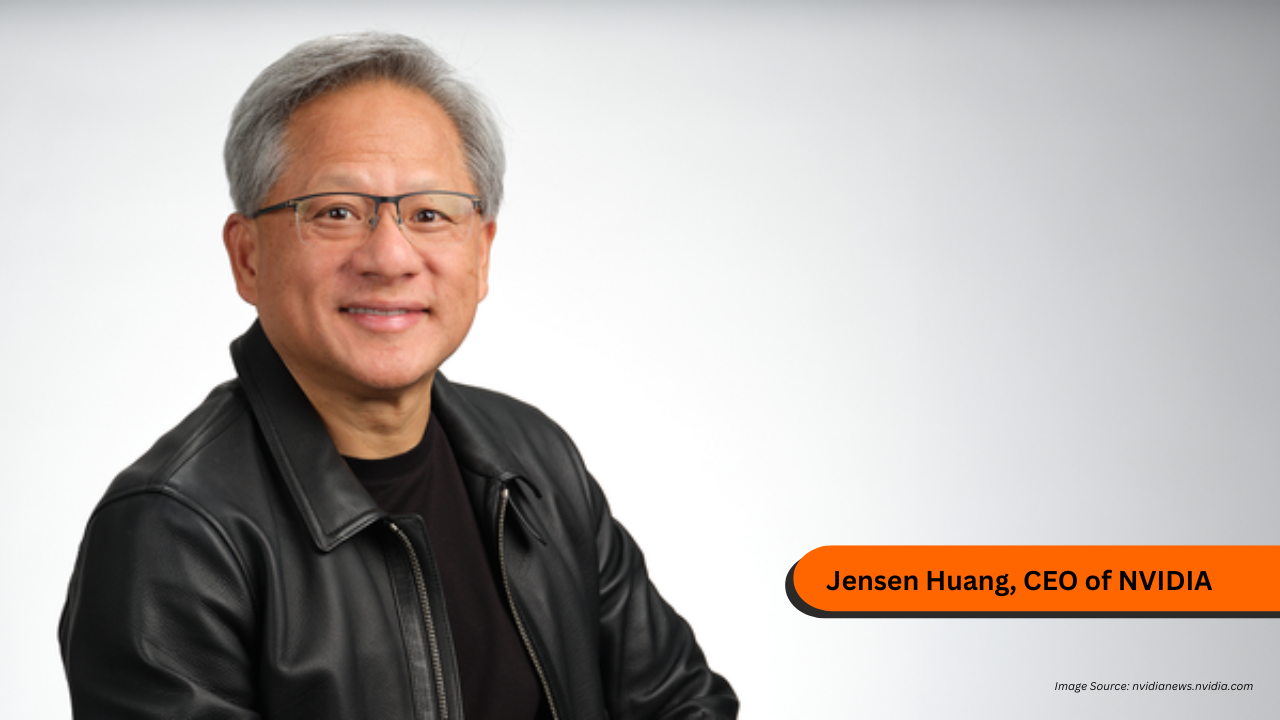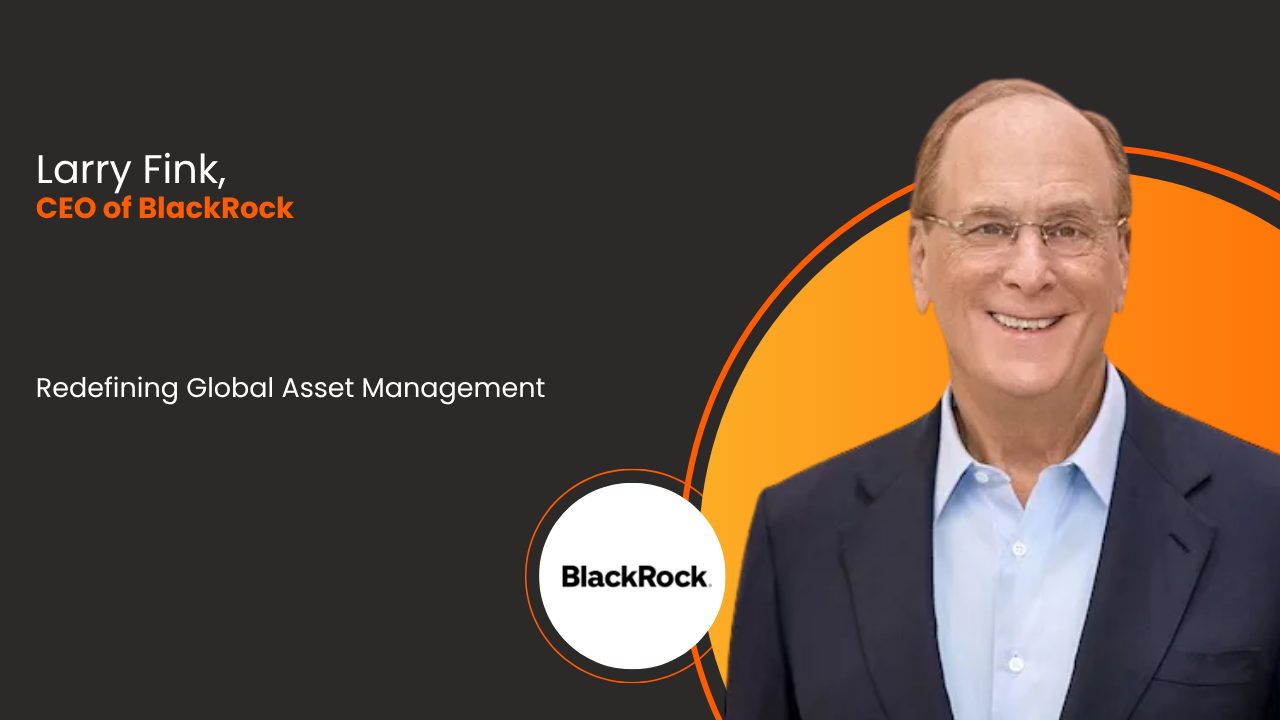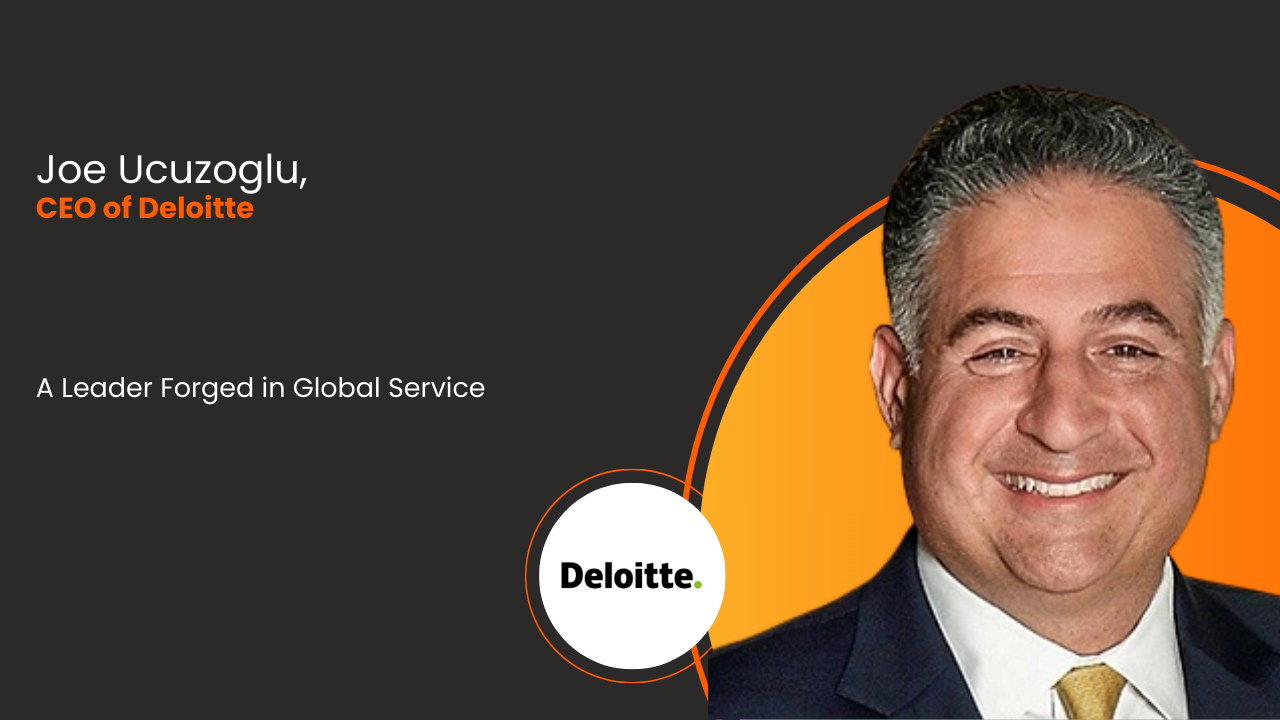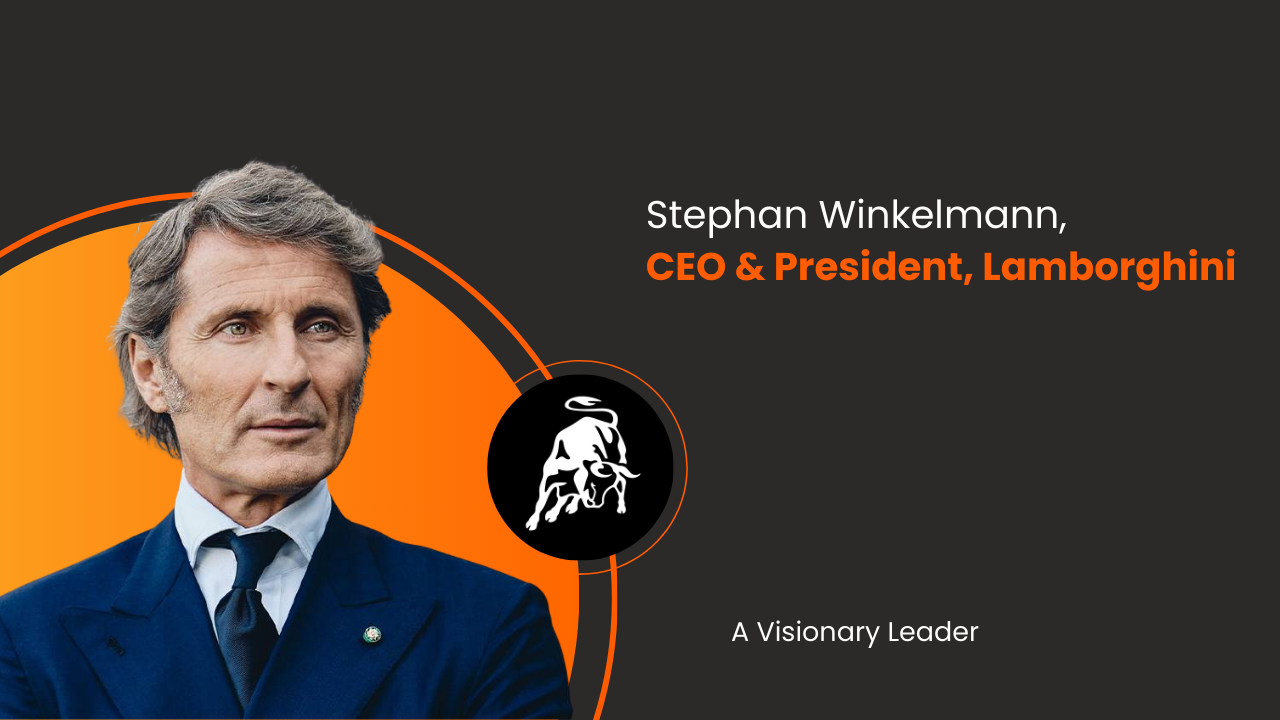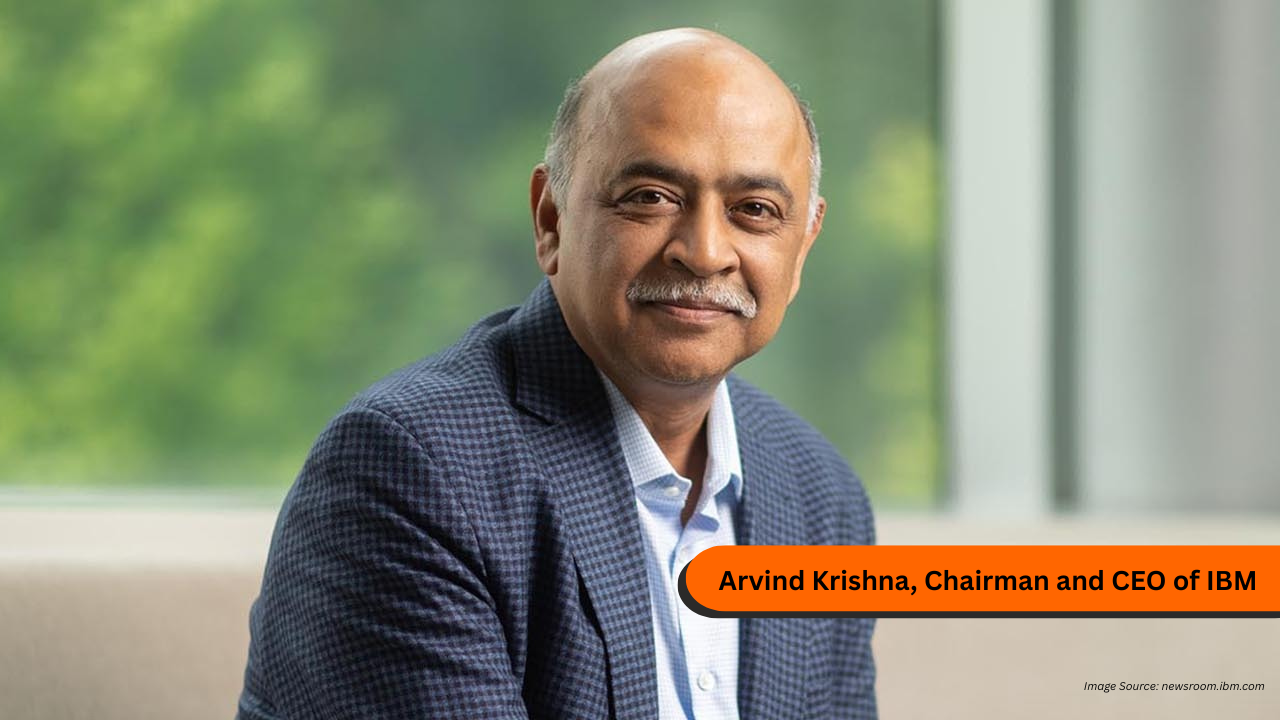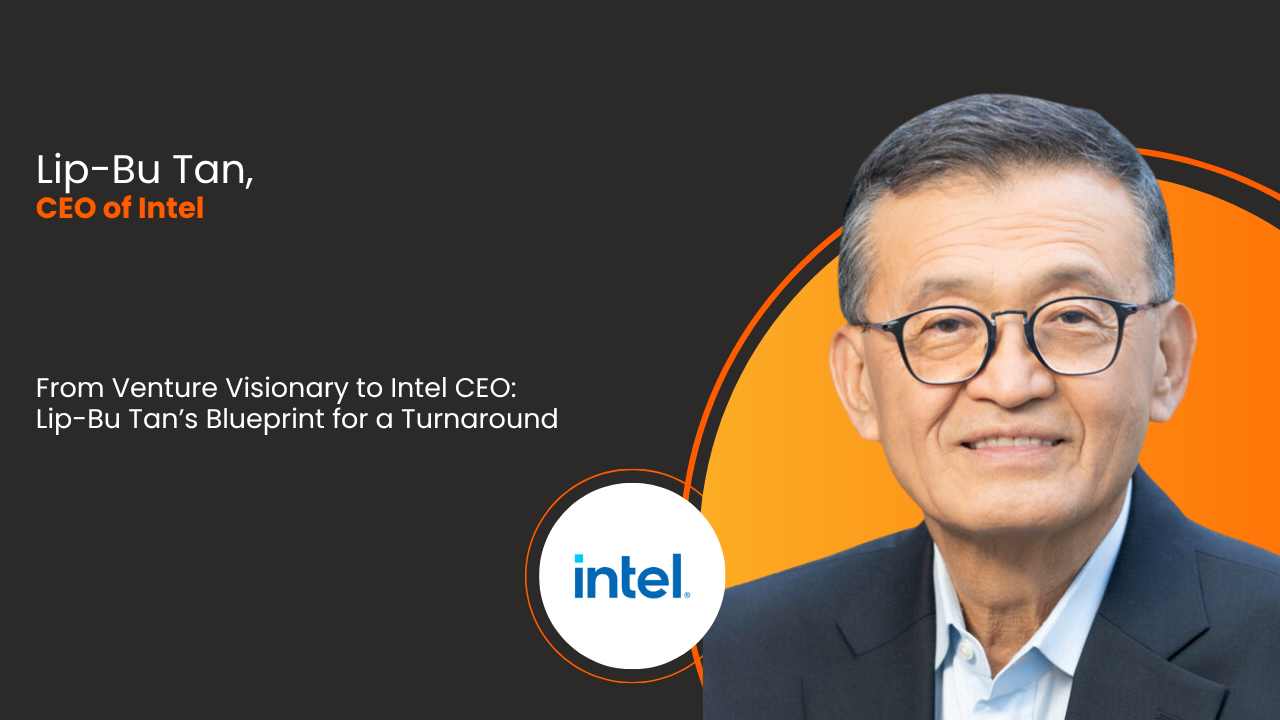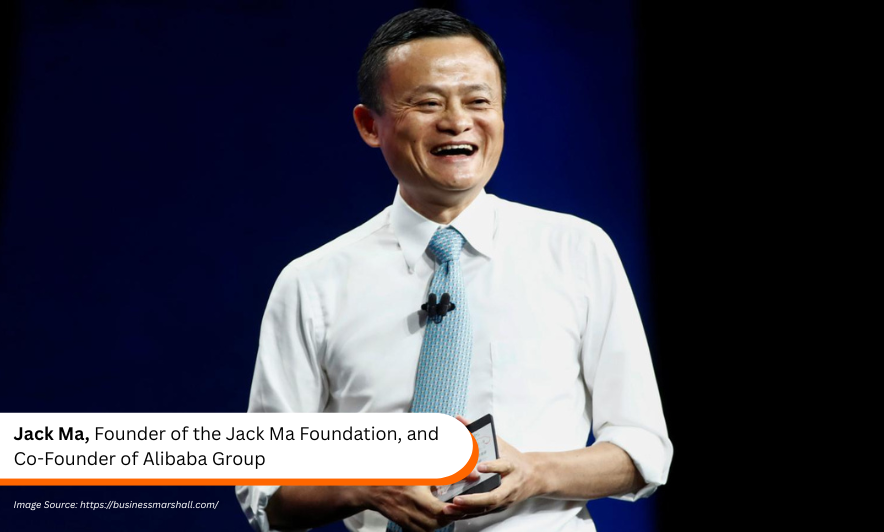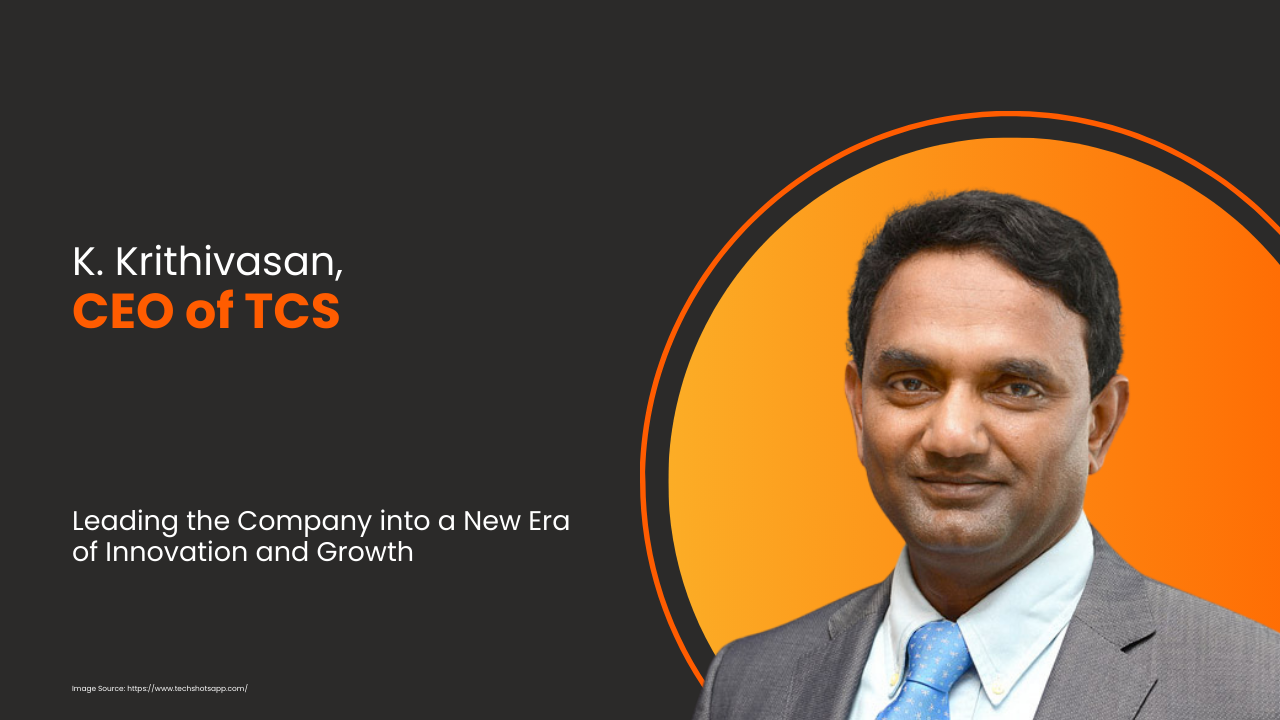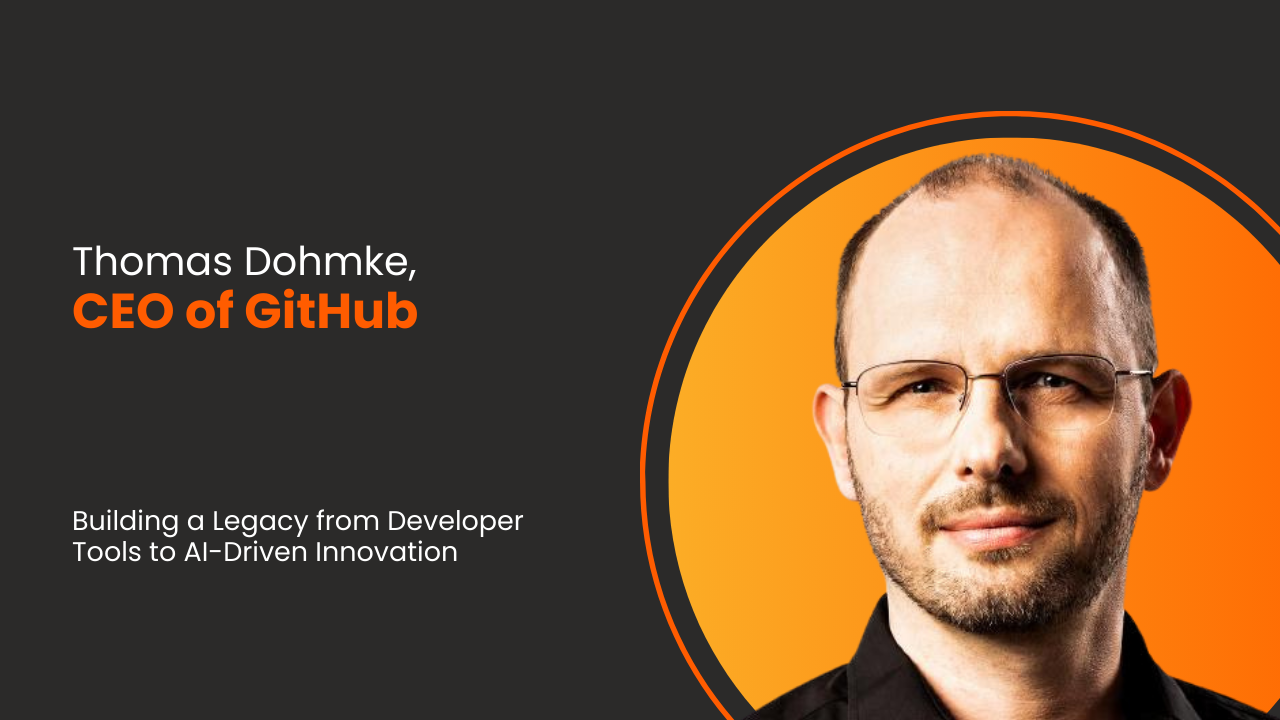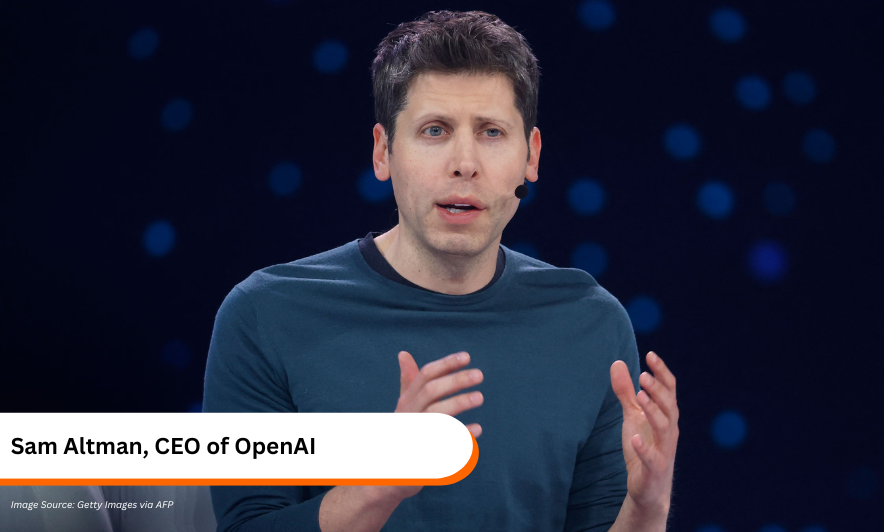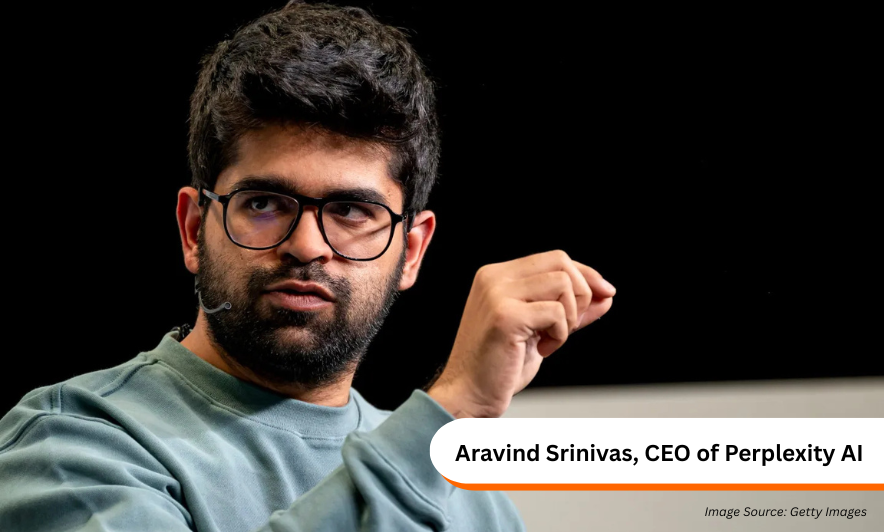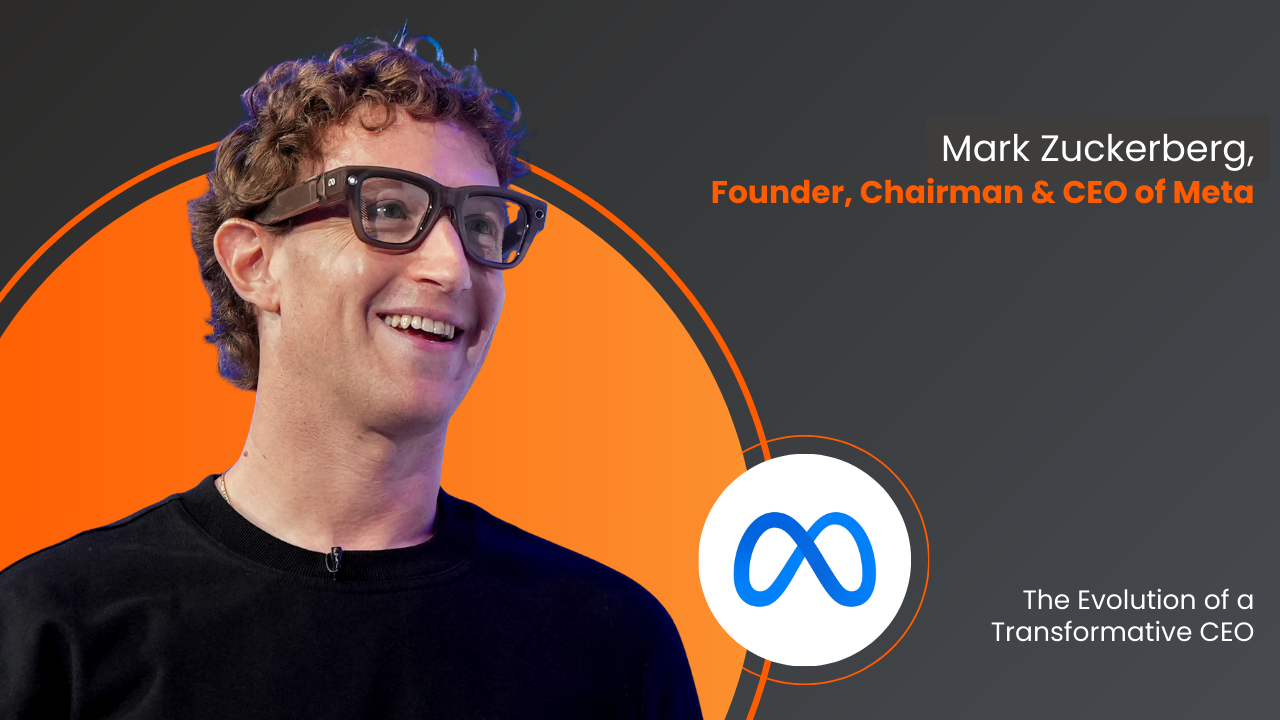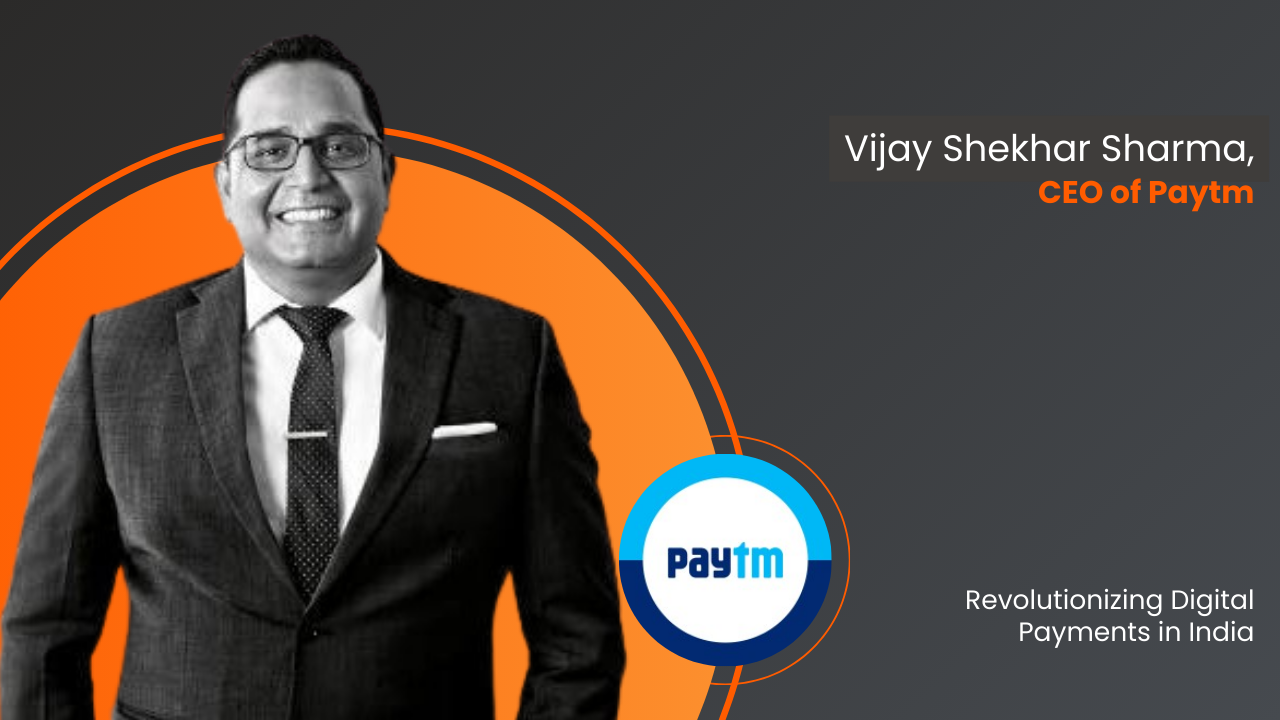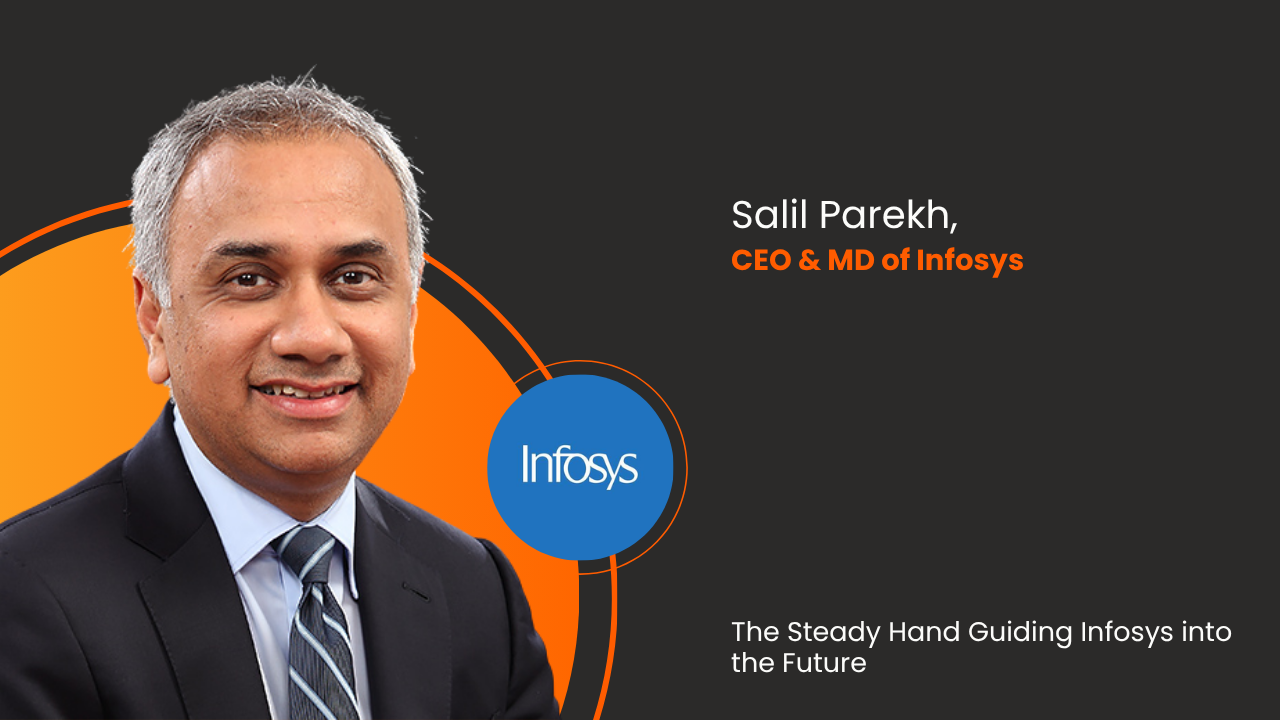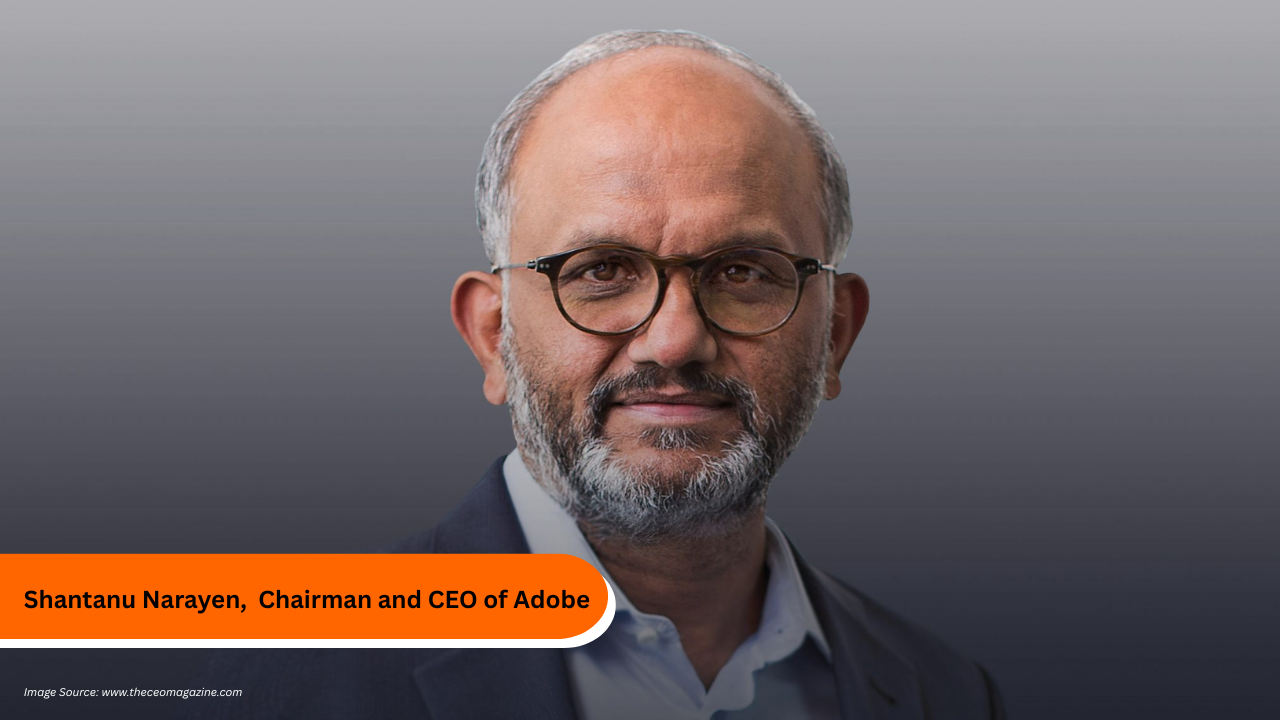Sundar Pichai’s rise from a modest home in Chennai, India, to the CEO of Google and Alphabet is a story of perseverance, innovation, and inclusive leadership. His journey reflects the transformative power of education, curiosity, and global thinking.
Early Career and Rise at Google
After earning degrees from IIT Kharagpur, Stanford, and Wharton, Pichai began his career at Applied Materials and McKinsey & Company. In 2004, he joined Google, initially working on the Google Toolbar. His vision led to the creation of Google Chrome, launched in 2008. Chrome’s success made it the world’s most-used browser and established Pichai as a product visionary.
He quickly rose through the ranks, becoming VP of Product Development in 2008, and later overseeing Gmail, Google Maps, and Android. In 2013, he took over Android after Andy Rubin’s departure, further expanding his influence over Google’s core products.
Becoming CEO of Google and Alphabet
In 2015, Google restructured to form Alphabet Inc., and Pichai was named CEO of Google. By 2019, he became CEO of Alphabet as well, succeeding co-founders Larry Page and Sergey Brin. This placed him in charge of both Google’s core businesses and Alphabet’s experimental ventures like Waymo and Verily.
As CEO, Pichai has led Google through regulatory scrutiny, internal cultural debates, and global expansion. He has testified before the U.S. Congress on data privacy and misinformation, often praised for his calm and thoughtful demeanor.
Major Innovations and Strategic Shifts
Under Pichai’s leadership, Google has launched and expanded several key initiatives:
- Google Chrome: Pichai’s brainchild, Chrome became
the dominant browser globally.
- Android: Under his stewardship, Android grew to
power over 2.5 billion devices worldwide.
- AI and Machine Learning: Pichai declared Google an
“AI-first” company, leading to breakthroughs in Google Assistant, Google Lens,
and the Gemini AI project.
- Google Workspace and Cloud: He rebranded G Suite to
Google Workspace and expanded Google Cloud, making it a major player in
enterprise services.
- Hardware: Google launched the Pixel line and
unified smart home products under the Nest brand.
- Moonshots: Alphabet’s “Other Bets” like Waymo
(self-driving cars) and Wing (drone delivery) have advanced under his
oversight.
Leadership Style and Public Image
Pichai is known for his humility, empathy, and collaborative leadership. He empowers teams, listens actively, and avoids the spotlight. His calm demeanor has earned him respect across the tech industry and within Google.
He believes in empowering others: “It’s less about trying to be successful yourself, and more about making sure you have good people and remove roadblocks for them.” This philosophy has shaped Google’s culture into one that values openness and innovation.
Global Influence and Social Impact
Pichai’s leadership has had a global impact. He
champions technology as a force for good, advocating for digital inclusion and
responsible innovation. He has supported initiatives like free Wi-Fi in Indian
railway stations and affordable smartphones for emerging markets.
He also emphasizes ethical AI development and sustainability. Google has committed to carbon-free energy and launched tools for crisis response and digital literacy.
As an immigrant CEO, Pichai symbolizes the value of diversity in tech leadership. His story inspires millions, especially in India, where he was awarded the Padma Bhushan in 2022 for his contributions to trade and industry.
Lessons from His Journey
Pichai’s story is a testament to the power of education, resilience, and humility. Despite growing up without access to computers, his curiosity and drive led him to the forefront of global innovation. He encourages young people to “be open, be impatient, be hopeful,” urging them to embrace change and pursue meaningful impact.

